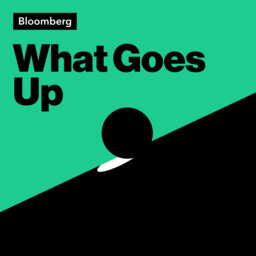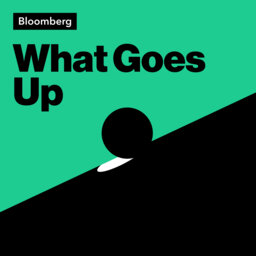There's No Magic to Fed's 2% Inflation Target
US Federal Reserve officials have been adamant that they’re looking to get inflation levels back down to 2%. But the path to that goal could bring pain to millions of workers, a possible trade-off that “doesn’t make sense,” according to Rick Rieder, BlackRock Inc.’s chief investment officer of global fixed income.
“This whole idea of there’s a magic to 2% doesn’t make any sense to me. You just had immense stimulus—let it play out,” he says on this week’s episode of the What Goes Up podcast. “Interest rates—how much would you have to move them to get the unemployment rate to a level to slow wages? It’s not worth it. Why would you take millions of people out of work because you need to go from 2.7% to 2%?” He called the Fed goal a search for “mystical perfection.” BlackRock manages about $2.7 trillion in fixed-income assets for its clients.
Rieder adds that the segment of the population that gets hurt by higher inflation is the one that would bear the brunt of any potential layoffs. Meanwhile, raising rates creates an income benefit to wealthier people who tend to be savers, he says. “It’s illogical to me.”
 What Goes Up
What Goes Up


